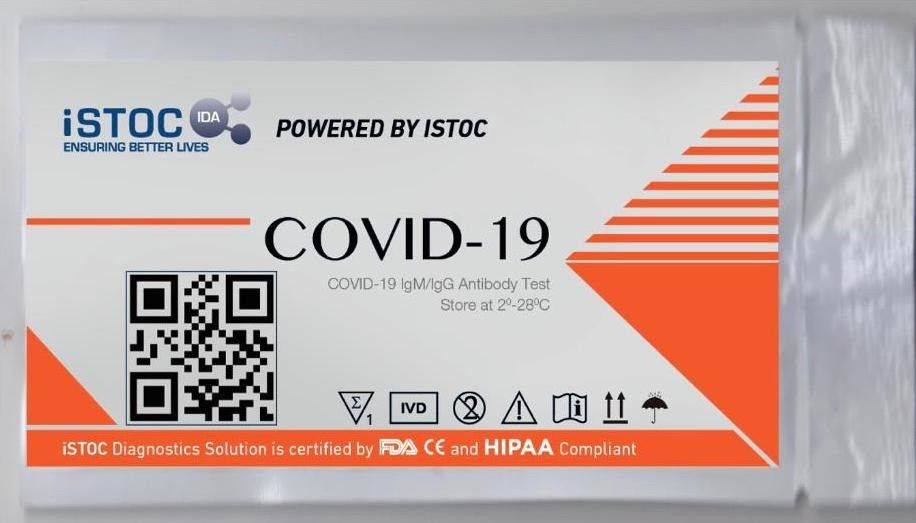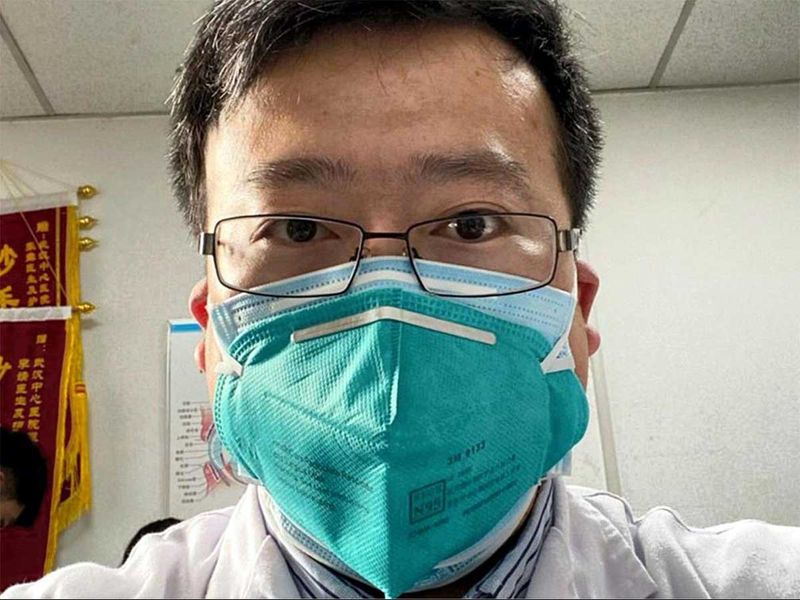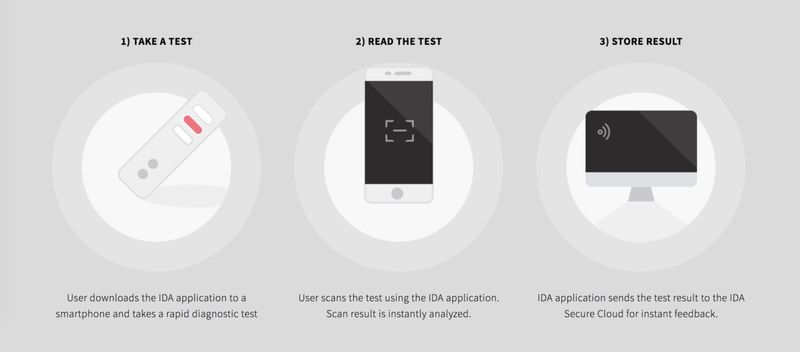After more than 4,000 confirmed cases and 40 days, Pakistan is shifting its focus towards conducting rapid testing for assessing the reach and to limit the spread of the COVID-19. Health experts believe that a faster COVID-19 digital test could prove to be a game-changer. That is where a Pakistani medical company known as Innovative Healthcare Systems steps into the frame.

Innovative Healthcare Systems has managed to partner up with a company in Finland and is procuring digital test kits that will soon be rolled out once the details are finalized with the federal and provincial governments as well as the hospitals.

Umair Azam, founder, and CEO of Innovative Healthcare Systems said, ‘The iSTOC IDA mobile diagnostics platform from the Finnish company can detect antibodies and provide a digital analysis. It integrates diagnostics, mobile technology, and cloud computing into one platform. It basically turns your smartphone into a virtual lab where the results are displayed, offering faster, easier, and precise diagnostics, enabling quick action and treatment. The biggest advantage is that it creates a digitized diagnostic data with geographical mapping that can help monitor and control outbreaks.’
These rapid digital tests will help the government of Pakistan achieves two things simultaneously; conducting rapid testing while enabling digital diagnostic data. Pakistan has already carried out about 42,000 tests in total and the total confirmed number of cases has risen to 4,072 as of 8th April.

So, how do these kits work? They work much similar to how you use the device for taking readings for your blood sugar. It relies on the use of a pinprick on patients’ thumbs. The results of the test are available within minutes. Dr. Zia Azam, director of health informatics at Innovative Healthcare Systems, said, ‘the rapid test kits, with 95 percent accuracy, can help save time and reduce direct contact as one counter set up at a village, town or city can test hundreds. Instead of inviting patients to hospitals, we are taking the tests to the masses.’
The company has claimed that the blood-based-test is far more efficient as opposed to the polymerase chain reaction (PCR), the nose and throat swab test. Dr. Zia adds, ‘Time is of the essence to protect our people, especially health care workers on the frontline, from the infection. We need a smart approach to deal with the challenge.’ The best thing? The cost of this digital test is far lower as opposed to the current methods of testing in place.


